Blogs
Fasting can be related to mental health. Fasting, the practice of abstaining from food or drink for a specific period, is significant in cultures and societies across the world. People fast for various reasons, from religious observance and spiritual purification to weight management and personal health goals. In fact, Ramadan, a month of fasting observed by Muslims, ended very recently. And it got me thinking: how does fasting impact mental health? Let's take a look.
Do naps affect schizoaffective disorder? For me, they do—in a good way. Here’s how naps improve my schizoaffective disorder.
I've found that grief and anxiety go together alongside the feelings of sadness, anger, regret, loneliness, and depression. However, in my education and throughout what I have learned, the relationship between grief and anxiety was not usually addressed.
"I'll sleep when I'm dead" is a line my former self fully embraced before learning more about sleeping for mental health. If others didn't need sleep, I thought I didn't either. That thought process took a nasty toll on my mental health. Sleeping is essential for mental health and shouldn't be put on the back burner.
New beginnings can be powerful tools for building self-esteem, especially for those of us with mental health conditions. When you are struggling with your mental health, it can feel like you are stuck in a cycle of negativity and self-doubt However, embracing new beginnings offers an opportunity to break free from that cycle and embark on a journey of self-discovery, growth, and improved self-esteem.
For seven years, I was privileged to contribute to the "Getting Through Tough Times" blog on HealthyPlace, but now this author is saying goodbye. This mental health community has been my home. It was a safe place to share my journey through difficult times. I am very sad to be leaving. But before I do, I would like to share this post expressing what HealthyPlace has meant to me.
Developing intimate relationships when you have posttraumatic stress disorder (PTSD) can feel heavy, confusing, and downright terrifying at times. Growing up, I was a hypervigilant child, always trying to keep everyone safe. I didn't feel like I could trust anyone — especially not myself — and so I developed compulsions to forge a sense of control. I'd lock the door several times before bed, sometimes racing downstairs at 2 a.m. to check it was still locked. I'd turn down invites to sleepovers because I felt like I had to be with my parents in order to protect them (from what, I'm not sure). I'd ruminate for hours about the betrayals I'd faced and the roles I played in them. Posttraumatic stress disorder was making itself known in my relationships early.
Have you heard of "main character energy?" It's something that I recently remembered and found useful. I often feel powerless, as if I am a spectator of my own life. This isn't out of the blue: a recent series of events has shown me how cruel life can be for no reason. However, last night, I set aside some thinking time to try and resolve this issue. That's when I remembered main character energy, a social media term coined in 2020. It's a concept that deeply resonated with me, so I revisited it online and spoke about it with my therapist. Here's what I discovered.
Recovering from gambling addiction throws a lot your way, including coping with triggers. You're constantly dodging old habits and navigating a world that sometimes seems designed to trigger cravings. From the countless betting advertisements on your screen to casinos on almost every block, there are so many triggers, and it is so easy to feel overwhelmed. For a long time, these triggers proved too strong for me to overcome. I found myself repeatedly drawn back to gambling, each time promising myself that it was the last. In this article, I'll be sharing some of the strategies that have helped me manage my triggers in gambling addiction recovery.
I live with major depressive disorder. Much like any diagnosis, disability, disorder, illness, and so on, there is a politically correct way to discuss those who have a mental health disorder. Through my research and curriculum development at my job, I learned that the people-first language for mental health uses the phrase "living with." For example, I would say that I am living with major depressive disorder, not that I suffer from major depressive disorder. This is a more appropriate way to describe ourselves and others.
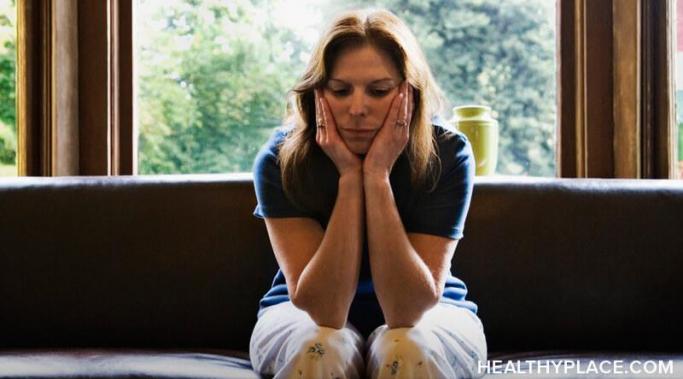

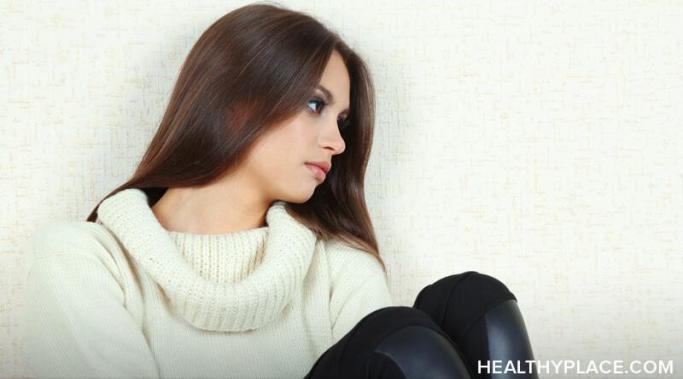
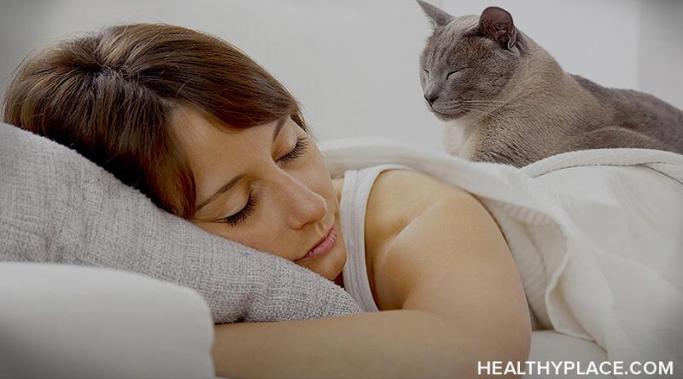

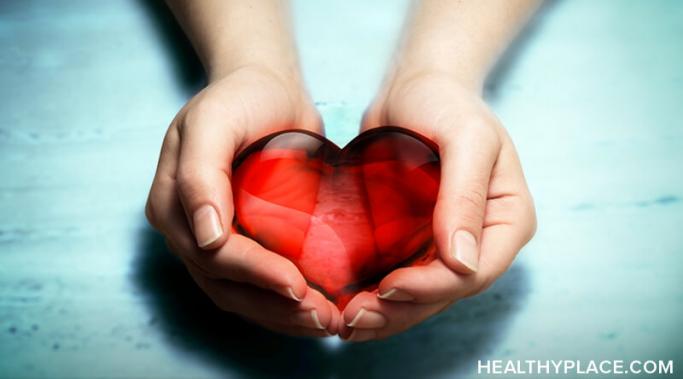
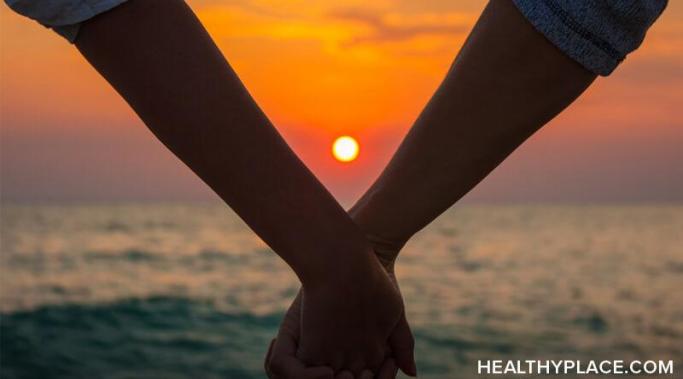
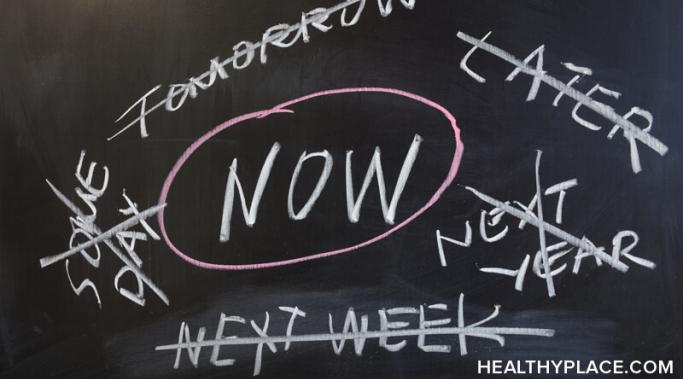


Thanks!